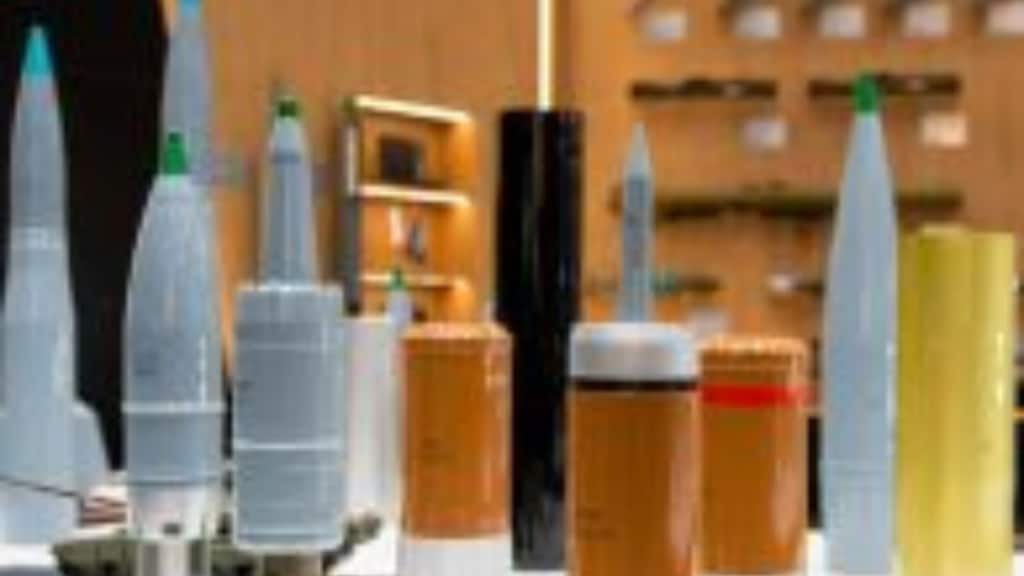As Prime Minister Narendra Modi’s visit to Moscow approaches on July 8-9, Russia has announced plans to manufacture ‘Mango’ armour-piercing tank rounds in India under the ‘Make in India’ initiative. This development highlights the deepening military partnership between the two nations, focusing on enhancing India’s defence capabilities through local production.
Rostec, a major Russian state-owned military company, disclosed that it has begun manufacturing these deadly Mango rounds in India. These rounds, designed to destroy enemy tanks, are a critical component of modern armoured warfare. Just as India and Russia have successfully co-developed the BrahMos missile, they are now embarking on this joint defence project to produce Mango shells. These shells are known for their destructive power, capable of piercing the strong armour of enemy tanks and causing internal explosions.
According to Rostec officials, the licensed production of Mango shells will include armour-piercing sub-calibre projectiles for T-90 tanks. The 3VBM17 Mango shells feature the 3BM42 fin-stabilized armour-piercing sub-calibre projectile, which effectively targets tanks equipped with composite armour. In simple terms, these shells can penetrate the robust outer body of tanks, enter them, and then explode, causing massive damage.
Rostec’s chief, Sergei Chemezov, underlined the importance of this industrial partnership. He noted that such collaborations enable the importing country to develop its own production capabilities, providing a competitive advantage for Rostec as a leading supplier of defence solutions.
According to reports in the public domain, Alexander Mikheev, Director General of Rosoboronexport, also expressed enthusiasm for the project, stating that Russian-Indian cooperation has reached a new milestone. This partnership aligns with India’s ‘Make in India’ and ‘Aatmanirbhar Bharat’ (self-reliant India) initiatives, helping to introduce advanced technology and production processes into the country.
The history of defence collaboration between India and Russia is long and robust. Last year, the two countries signed an agreement to manufacture the Igla-S man-portable air defence missile system in India. This ongoing partnership underscores the strong defence ties between the two nations, with joint and licensed production of various arms and ammunition taking place in India.
The groundwork for the Mango shell production project began years ago. In 2017, Tecmash, a Rostec group company and Russia’s largest manufacturer of ammunition, completed the transfer of essential equipment for the licensed production of Mango shells in India. Additionally, Indian specialists received training to ensure successful domestic production.
The production of Mango shells, which are feathered armour-piercing projectiles for 125 mm calibre tank guns, began in the USSR in 1983 and was put into service in 1986. The contract for their licensed production in India was signed in 2014, laying the foundation for this current development.
The manufacturing of Mango rounds in India represents a significant leap in defence collaboration between India and Russia. This initiative not only boosts India’s self-reliance in defence production but also strengthens the strategic partnership between the two nations, enhancing their collective security and defence capabilities.


